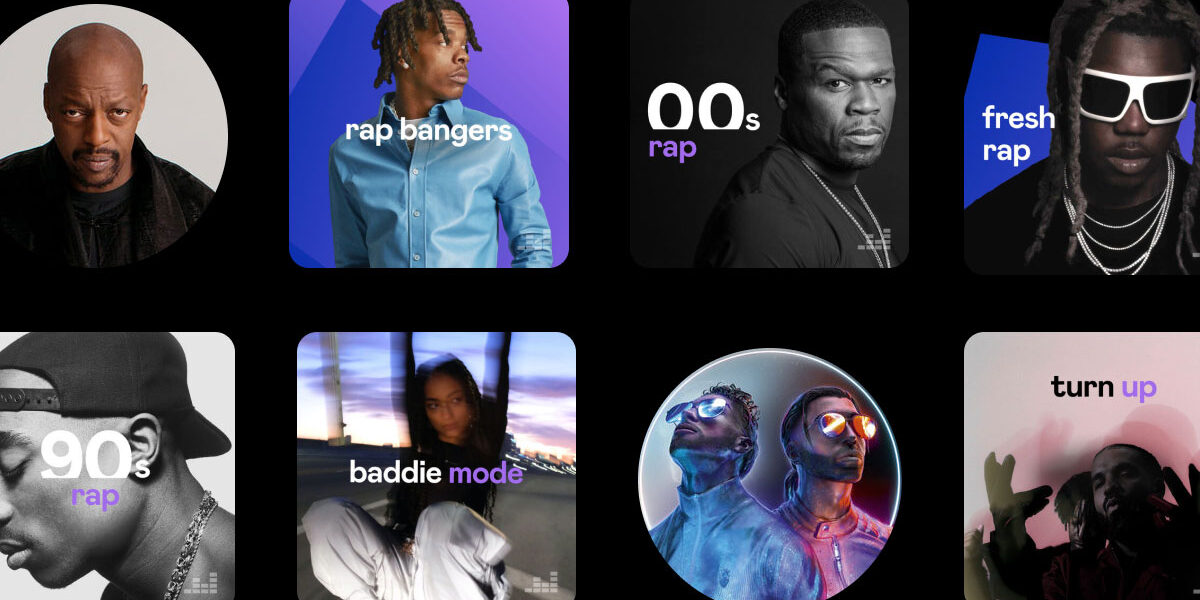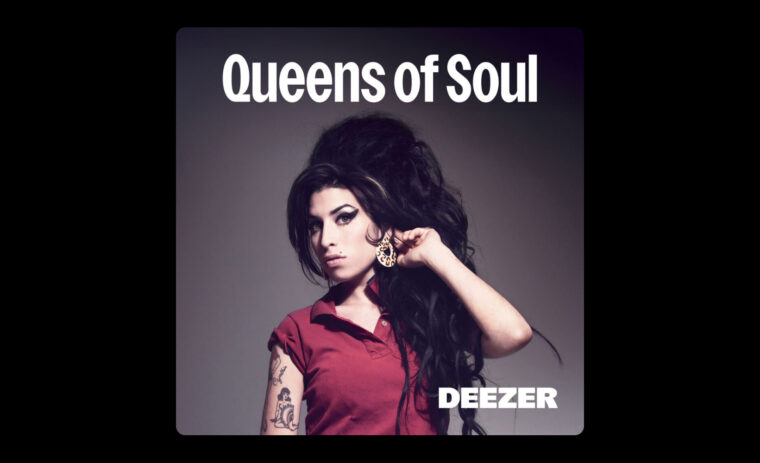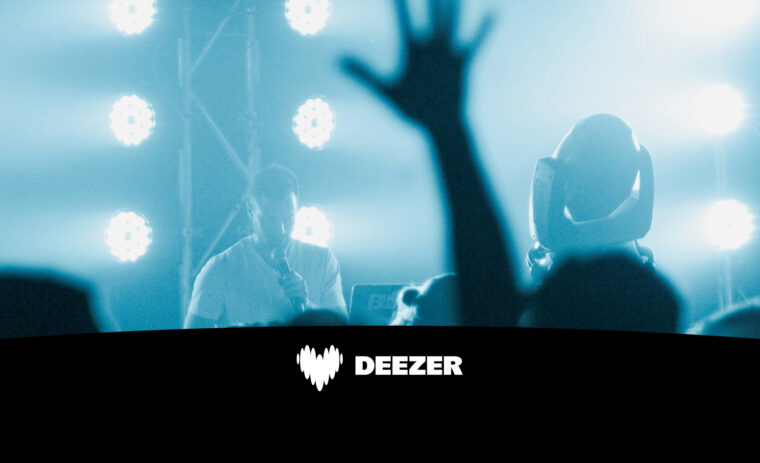Hip-hop has been a driving force in music for decades, influencing culture, politics, and society. But defining the best hip-hop albums of all time? That’s a challenge! The genre has continuously evolved and diversified over the years. Nevertheless, certain albums have broken new ground, pushed boundaries, and stood the test of time. From the early days of Run D.M.C. to the modern classics of Eminem, these albums showcase the best of hip-hop’s artistry, innovation, and social commentary.
Setting the Early Standard
Early on, the best hip-hop music was more singles-focused, with Grandmaster Flash and the Furious Five’s “The Message” and Afrika Bambaataa’s “Planet Rock” notable early standouts. In 1986, however, two rap albums were released that sent hip-hop songs and albums in all new directions.
Run D.M.C., Raising Hell (1986)
Loud and energetic, with Joseph “Run” Simmons and Darryl “D.M.C.” McDaniels alternating raps in tight rhythms punctuated by heavy drums, Raising Hell sets an example of what a rap album can be. “It’s Tricky” and “My Adidas” provide excellent examples of their vocal and rhythmic techniques, but it’s the rap-meets-rock cover of Aerosmith’s “Walk This Way” that got them on Top 40 airwaves.
Beastie Boys, Licensed to Ill (1986)
With their clean-cut, almost cartoony b-boy image, the Beastie Boys prove that rap could appeal to suburbia. Their debut album is best known for the anthem, “Fight for Your Right,” which got endless MTV airplay, but “No Sleep ‘Til Brooklyn” and “Paul Revere” also stand out.
Public Enemy, It Takes a Nation of Millions to Hold Us Back (1988)
Filled with rage and urgency, this album refocused rap on the social realities of urban life. Electronic rhythms mix with sirens and squeals to create a cacophonous groove, while Flavor Flav’s verbal antics add just the right dose of humor to Chuck D’s booming, unrelenting fury.
Eric B & Rakim, Follow the Leader (1988)
On their second studio album, Eric B keeps his beats low-key, letting Rakim’s understated, smooth, lyrical raps shine. This is when flow was born.
Raising the Bar
As we entered the new decade of the 1980s, the apocalyptic aftermath of the war on drugs contrasted with a new optimism brought about by the end of the Cold War. The result was a decade of sonic experiments and an explosion in styles. These albums are filled with some of the best hip-hop songs of all time and exemplify this spirit of exploration.
De La Soul, 3 Feet High and Rising (1989)
In a time when hip-hop was dominated by gangsta rap rhymes about crime, murder, and mayhem, De La Soul’s debut offered a more positive, playful outlook. Its production features heavy use of samples for an almost psychedelic effect, and its bright, flowery imagery provides a welcome contrast to the darker currents that were running through the genre.
Dr. Dre, The Chronic (1992)
Along with Snoop Dogg’s Doggystyle, The Chronic represents the height of gangsta rap. The combination of relaxed, melodic bass lines, samples from Parliament Funkadelic songs, and Dre’s howitzer-like baritone firing off one bomb line after another creates a menacing groove that proved captivating. “Nuthin’ But a ‘G’ Thang” and “Let Me Ride” became instant classics.
Nas, Illmatic (1994)
After several years of West Coast domination, “Illmatic” put New York rap back on the map. The lyrical, rapid-fire rhymes set against jazz chords and funk rhythms create a distinctive, timeless sound, while the stories set in the projects give it a gritty realism.
The Notorious B.I.G., Ready to Die (1994)
With its semi-autobiographical stories of criminal misbehavior, womanizing, and violence, Biggie’s debut serves as New York’s response to LA’s gangsta sound. But beneath the surface is an emotional vulnerability and existential doubt that provides depth and resilience, as on the album’s closer, “Suicidal Thoughts.”
Conquering the new millennium
As the turn of the millennium approached, hip-hop was already a major cultural force. The best hip-hop artists regularly reached the heights of the charts as their influence spread throughout fashion, art, advertising, and film.
Lauryn Hill, The Miseducation of Lauryn Hill (1998)
Hill’s solo debut brings warmth and soulfulness to the charts with its opening acoustic guitar chords, debuting at #1 on the Billboard Hot 100. With its lush harmonies and tight beats, it’s easy to see how it sold 10 million copies in the U.S. Hill became the first female rapper to achieve a diamond certification from the Recording Industry Association of America.
Eminem, The Marshall Mathers LP (2000)
Thanks to Dr. Dre’s infectious, matchless production, Eminem’s vicious yet verbally dexterous raps get you singing along. Of course, his macho posturing is played off as a joke, and Eminem still offers emotional insight behind his rapid-fire, staccato delivery.
Outkast, Stankonia (2000)
Georgia natives André 3000 and Big Boi kicked off the new millennium with a fury. Stankonia blends sounds from soul, crunk, trap, marching bands, and even Atari video games, weaved through with psychedelic guitar licks and topped with fluid-verging-on-frantic raps. Atlanta hip-hop finally had its champions who could go toe-to-toe with the best NYC or LA could throw at them, and the group had an instant classic with the track “Mrs. Jackson.”
Into the Future
Hip-hop artists aren’t the new kids on the block anymore, and when you’re the establishment, it becomes harder to break free of constraints and ascend to new heights. These albums show it can be done.
Drake, Take Care (2011)
Piano riffs behind Drake’s matter-of-fact delivery give songs like the opener, “Over My Dead Body,” an almost gentleness despite the sometimes raw lyrics. Rihanna’s honey-tinged vocals on the title track make this an album that can be played over candlelit dinners and in the club.
Kendrick Lamar, DAMN. (2017)
When Lamar won the Pulitzer Prize for DAMN in 2018, he became the first non-classical and non-jazz musician to have done so. It’s hard to argue with the Pulitzer jury, which summed it up as “a virtuosic song collection unified by its vernacular authenticity and rhythmic dynamism” that captured “the complexity of modern African-American life.”
To read on the same subject:






